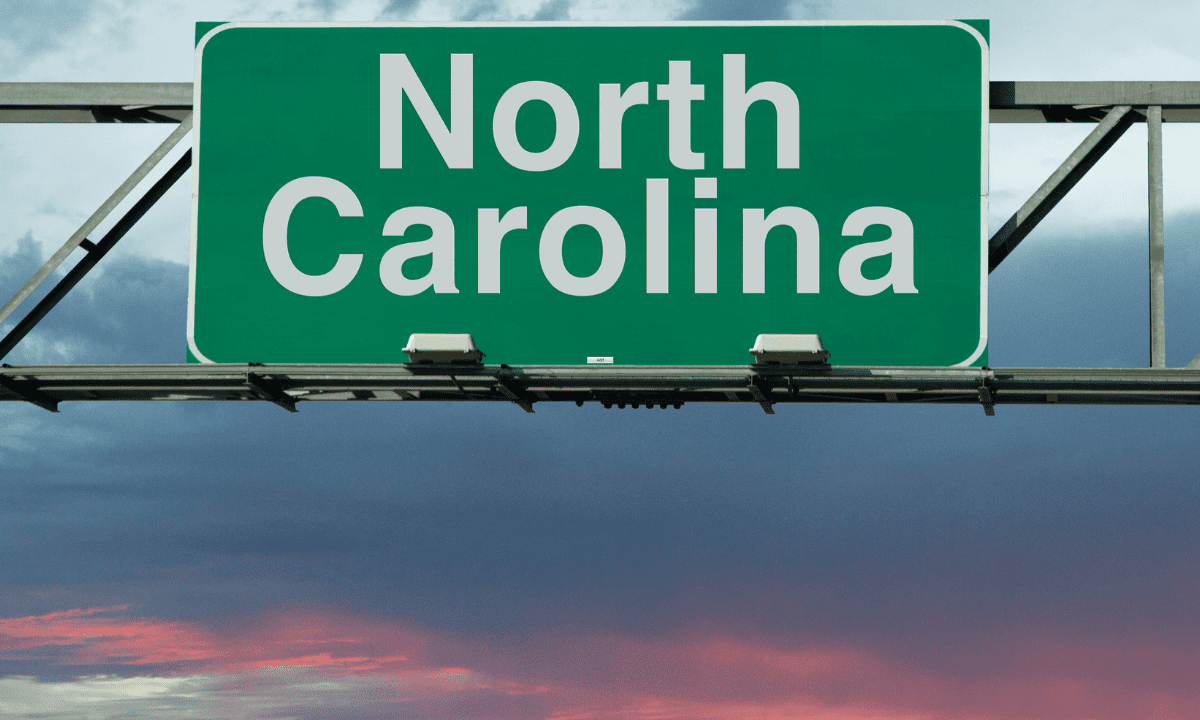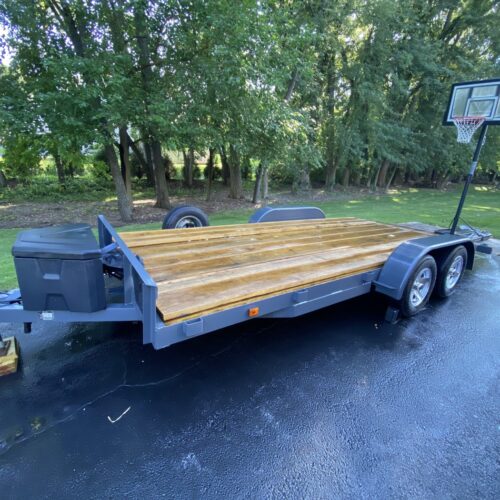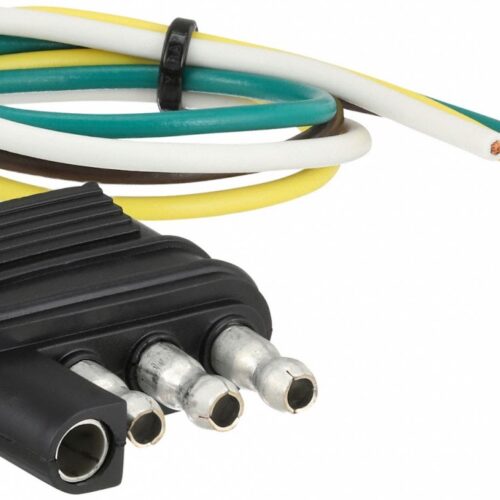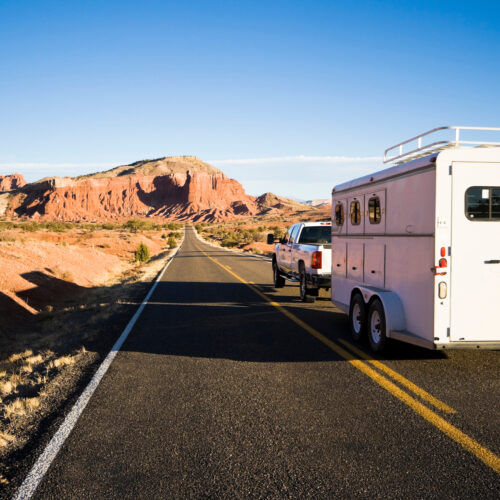If you’re planning on towing a trailer through North Carolina, whether for a weekend getaway or for transporting heavy equipment, it’s important to know the state’s specific towing laws. Complying with these regulations ensures not only your safety but also helps you avoid costly fines and penalties. In this blog post, we’ll break down the key trailer towing laws in North Carolina, so you can hit the road confidently and legally.

1. Maximum Length, Width, and Height
North Carolina sets restrictions on the dimensions of trailers to maintain road safety:
- Maximum Length: The total length of a combination of vehicles (towing vehicle and trailer) cannot exceed 60 feet.
- Maximum Width: The maximum allowable width for trailers is 102 inches, including the load.
- Maximum Height: The overall height of a trailer and its load cannot exceed 13.5 feet.
However, if your trailer exceeds these dimensions, you will need to apply for a special permit before towing it on public roads.
2. Weight Limits and Load Distribution
The weight of your trailer and the cargo it carries is critical to towing safely:
- Gross Weight: The total weight of your trailer, including its load, should not exceed the towing vehicle’s Gross Vehicle Weight Rating (GVWR). Check the vehicle’s manual to ensure you are within safe towing limits.
- Axle Weight: No single axle should carry more than 20,000 pounds.
- Load Distribution: It is vital that your load is evenly distributed on the trailer to avoid swaying or jackknifing.
3. Braking Systems
Trailers that exceed a certain weight must be equipped with their own braking system:
- Braking Requirements: If your trailer weighs over 4,000 pounds, it must have its own braking system. This helps prevent accidents by allowing the trailer to stop safely without placing all the braking force on the towing vehicle.
4. Safety Chains and Hitches
Safety chains are mandatory in North Carolina for all trailers, regardless of their weight:
- Hitches: You must use a hitch that is appropriate for the weight of the trailer being towed. It’s important that the hitch is securely fastened to prevent any detachment.
- Safety Chains: Trailers must be equipped with safety chains in addition to the hitch. These chains serve as a backup connection in case the hitch fails, providing extra security on the road.
5. Lighting and Reflectors
Proper lighting and visibility are essential when towing a trailer, especially at night:
- Tail Lights: Your trailer must have two red tail lights visible from at least 500 feet away.
- Brake Lights: If your trailer obscures the towing vehicle’s brake lights, it must be equipped with its own brake lights.
- Turn Signals: You must have functioning turn signals on the trailer. The signals should match the ones on the towing vehicle.
- Reflectors: Red reflectors are required on the rear of the trailer, and amber reflectors must be placed on the front or sides.
6. Mirrors
When towing a trailer, your view of the road behind you must remain unobstructed:
- Extended Mirrors: If your trailer is wider than the towing vehicle and blocks your rearview, North Carolina law requires the use of extended side mirrors to ensure you can see traffic behind you.
7. Speed Limits for Towing
Towing a trailer can impact how your vehicle handles, and following speed limits is crucial:
- Standard Speed Limits: The state does not have specific speed limits for vehicles towing trailers, so the general speed limits apply. However, it’s advised to maintain a slower speed than usual, especially on highways, and to follow posted trailer speed limits where applicable.
8. Trailer Inspections
In North Carolina, trailers over a certain weight must pass regular inspections:
- Annual Inspections: Any trailer that weighs more than 4,000 pounds must be inspected annually by the North Carolina Department of Motor Vehicles (NCDMV) to ensure it meets the state’s safety standards.
9. Double Towing and Tandem Towing
North Carolina restricts the towing of multiple trailers, a practice known as double or triple towing:
- Tandem Towing: North Carolina does not allow tandem (double or triple) towing under normal circumstances. You can only tow one trailer at a time behind your vehicle.
10. Special Permits for Oversized or Overweight Loads
If your trailer exceeds the legal limits for size or weight, you will need a special permit:
- Permit Requirements: For oversized or overweight trailers, you must apply for a special permit through the North Carolina Department of Transportation (NCDOT). Once obtained, this permit allows you to legally tow oversized loads, provided you adhere to specific travel routes and times.
Conclusion
Staying informed of North Carolina’s trailer towing laws will help ensure you have a smooth and safe towing experience. From adhering to weight and length restrictions to ensuring your trailer is properly equipped with lights, brakes, and safety chains, these regulations are designed to keep everyone safe on the road. Whether you’re towing for personal or commercial purposes, following these rules will keep you on the right side of the law and protect others sharing the road with you.
For more information or if you need help finding the perfect trailer for your next trip, visit towlos—your go-to peer-to-peer trailer rental marketplace.




